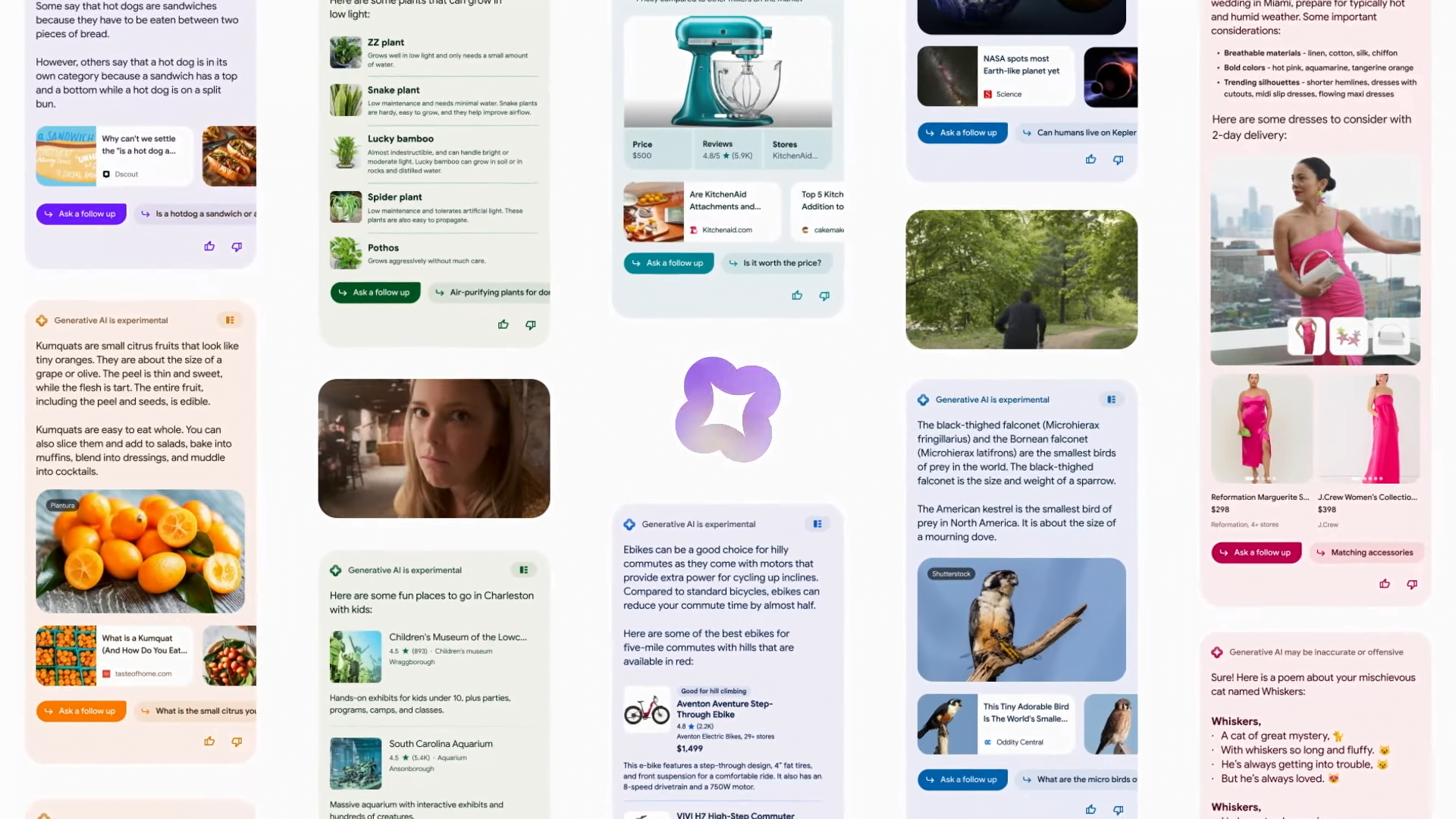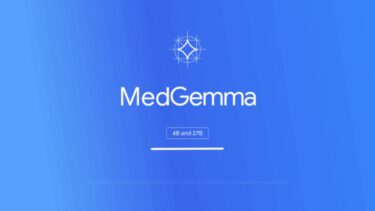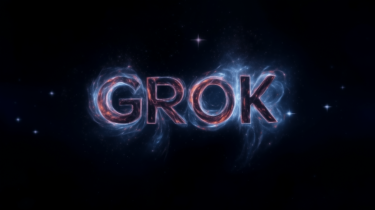For several months, Google has been testing the Search Generative Experience (SGE), a new form of Google search that combines AI-generated content with traditional link search. Now, a new version has surfaced.
For Google, AI search offers a chance to fend off new attackers in the search business, such as Microsoft and OpenAI. It could also transform Google from an open web platform to a closed content platform, similar to social media platforms, but with a focus on AI content. This is where the long-term revenue potential lies.
But Google also faces the challenge of balancing the high cost of training, deploying, and scaling AI models with the revenue potential of AI search. Standard Google search is a very profitable business, with high margins per average query and billions of queries per day.
Converting this to new AI search methods without loss and even with the potential for growth could be an insurmountable challenge, at least in the short to medium term. With the Search Generative Experience, Google is aiming for a smooth transition between two business models.
The pressure is off Google
So Google may be trying to be a little faster than the competition, but only as fast as it needs to be to avoid falling behind in a potentially emerging online ecosystem centered around chatbots.
This thesis is supported by a new variant of the "Search Generative Experience" (SGE), which SEO specialist Glenn Gabe posted on Twitter and calls "SGE lite": It appears much more stripped-down than previous AI results.
The full AI answer only appears after a second interaction with a "show more" button. The classic links are much higher up - and with them, Google's ads could slide back to the top, with lower costs for AI generation at the same time.
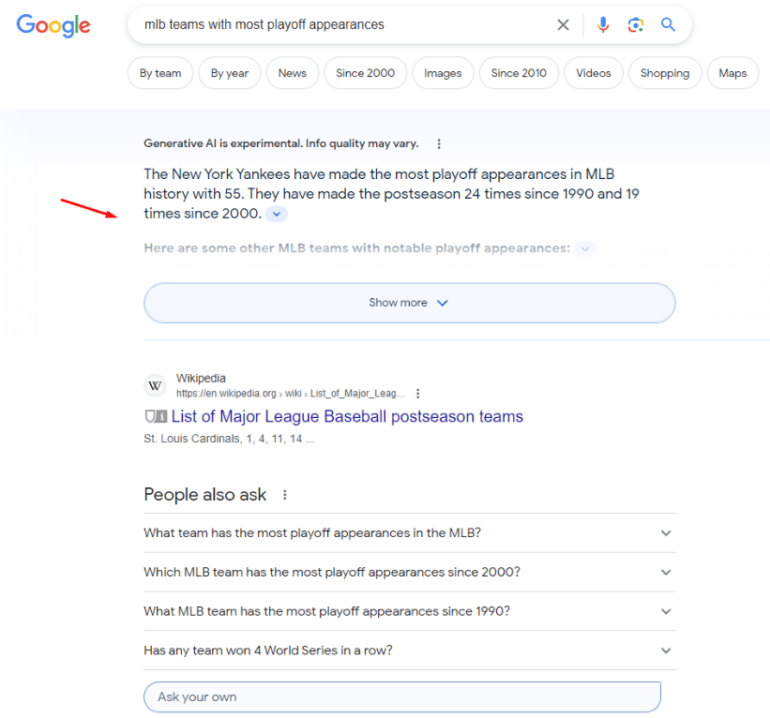
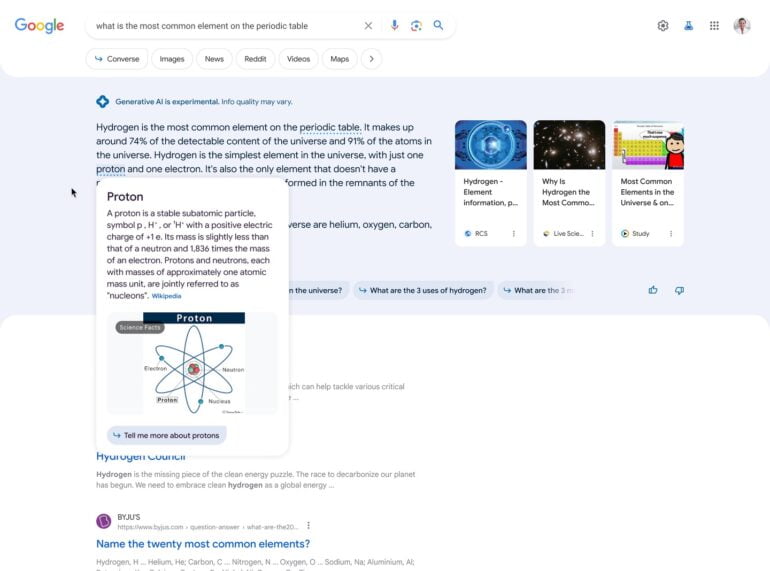
Microsoft's experiment with Bing Chat has shown that a chat offering by itself does not lead to growth in the search market. Microsoft CEO Satya Nadella recently admitted that he overhyped Bing Chat.
OpenAI's browsing function for ChatGPT still lags classic search engines in terms of reliability and functionality, while at the same time incurring high costs for the provider.
So the pressure on Google to innovate, created by ChatGPT's massive success and Microsoft's offensive earlier this year, might be easing.
